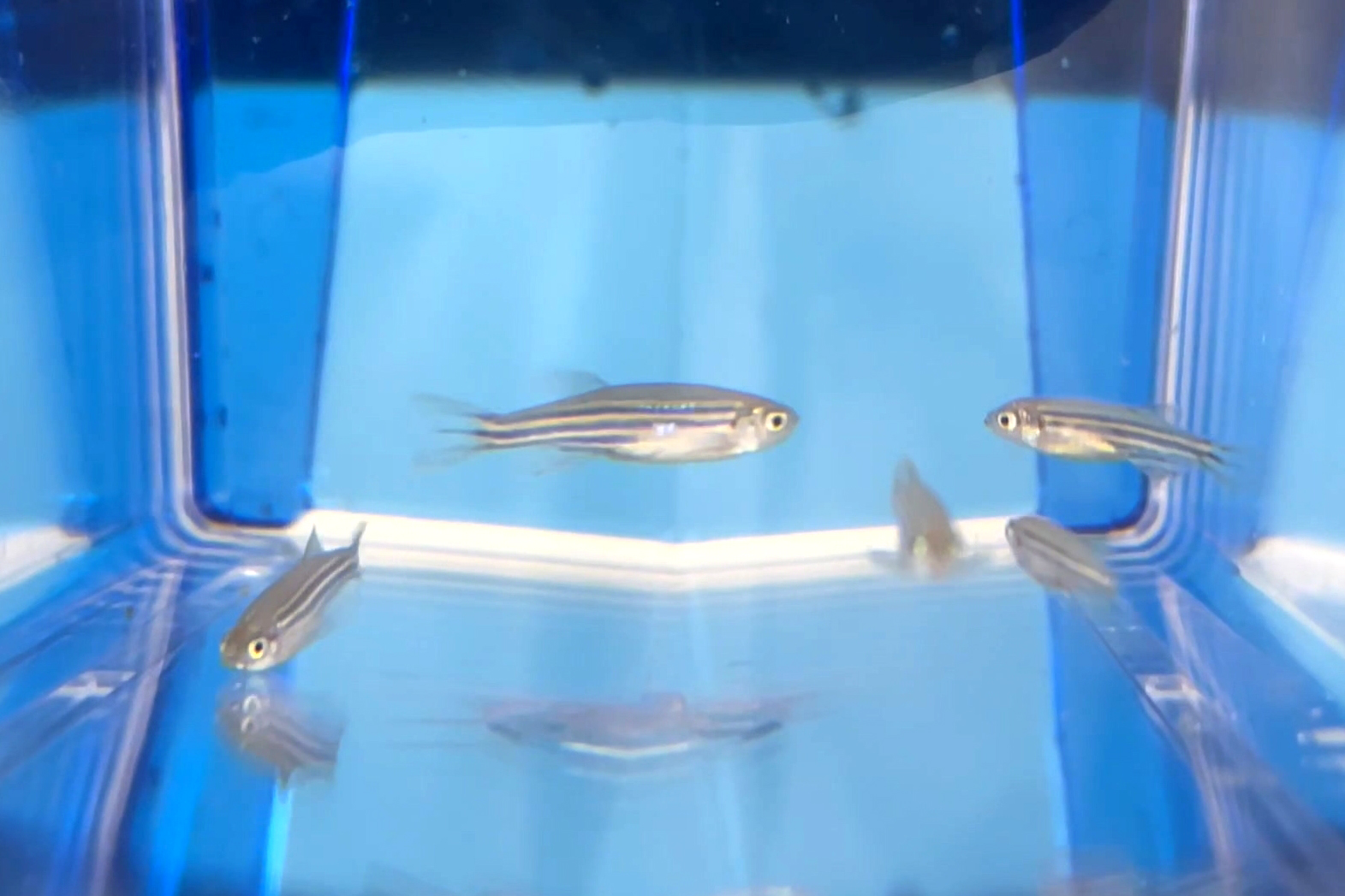
- Leveraging Zebrafish with 80–90% genetic similarity to humans to expand new drug pipelines
- Collaboration with Zebit to identify metabolic disease drug candidates based on JW's compounds
- Cost reduction and accelerated drug development through alternative animal testing
-
July 2024
JW Pharmaceutical is accelerating the expansion of its drug development pipeline by leveraging zebrafish as an innovative alternative model.
On the 10th, JW Pharmaceutical announced that it has signed a joint research agreement with Zebit, a preclinical testing institution specializing in zebrafish models, to develop new drugs for metabolic diseases
Through this agreement, JW Pharmaceutical will utilize Zebit’s zebrafish models to advance research into drug candidates for metabolic diseases such as obesity and diabetes. Zebit will provide customized zebrafish models for metabolic diseases using gene-editing technologies, along with its advanced drug screening platform.
The two companies aim to identify innovative drug candidates with novel mechanisms of action by the end of this year. JW Pharmaceutical will provide early-stage active compounds derived from its AI-based R&D platform, Jewelry, which Zebit will screen to evaluate their therapeutic potential and safety.
The partnership follows the formalization of their collaboration through an MOU signed last year. Since then, JW Pharmaceutical has been conducting indication expansion studies on its own drug candidates using Zebit’s zebrafish models and has been developing follow-up strategies accordingly.
Zebrafish, a tropical freshwater fish, have gained attention as a non-clinical translational research model that can substitute for mammalian experiments due to their over 80% genetic similarity to humans. With high reproductive rates and efficient screening capabilities, zebrafish are particularly useful in the early stages of drug development, enabling rapid validation of drug targets, efficacy, and safety.
Furthermore, zebrafish possess metabolic organs similar to humans, such as the pancreas, muscle, liver, and adipose tissue, making them an optimal model for metabolic research.
Leading pharmaceutical companies in the United States and Europe are already utilizing zebrafish models extensively during the drug discovery process. JW Pharmaceutical has also led the way domestically by establishing a specialized zebrafish facility, the “Zebrafish Room”, at its headquarters in Gwacheon last year. This facility is being actively utilized for mechanism-of-action studies to identify biological and chemical processes of new drug candidates.
Ki-baek Lee, CEO of Zebit, stated, “Zebrafish-based metabolic disease drug screening is a state-of-the-art platform that meets global standards. Our collaboration with JW Pharmaceutical demonstrates open innovation at its finest, combining the strengths of pharmaceutical companies and biotech firms to create powerful synergies.”
Chan-hee Park, Chief Technology Officer (CTO) of JW Pharmaceutical, added, “This partnership with Zebit is expected to enhance our ability to develop metabolic disease treatments with novel mechanisms. Drug research using non-animal models such as zebrafish, AI, and organoids offers more efficient and reliable outcomes compared to conventional methods.”
Meanwhile, JW Pharmaceutical is actively pursuing an open innovation strategy to expand its drug candidate modalities (therapeutic approaches). By integrating technologies from domestic and global biotech firms, JW aims to broaden its drug development pipeline and enhance R&D efficiency through collaborations with partners possessing advanced R&D platforms, including zebrafish, AI, and organoids.